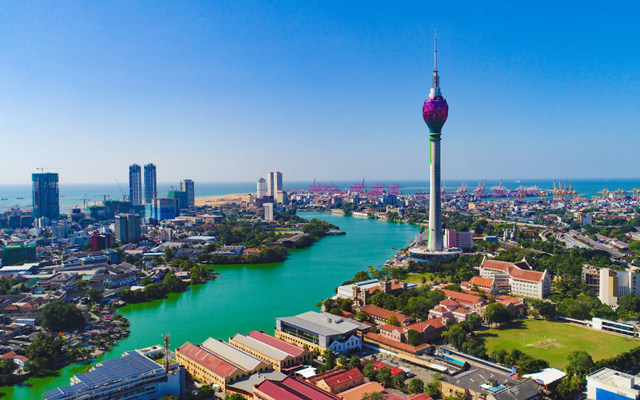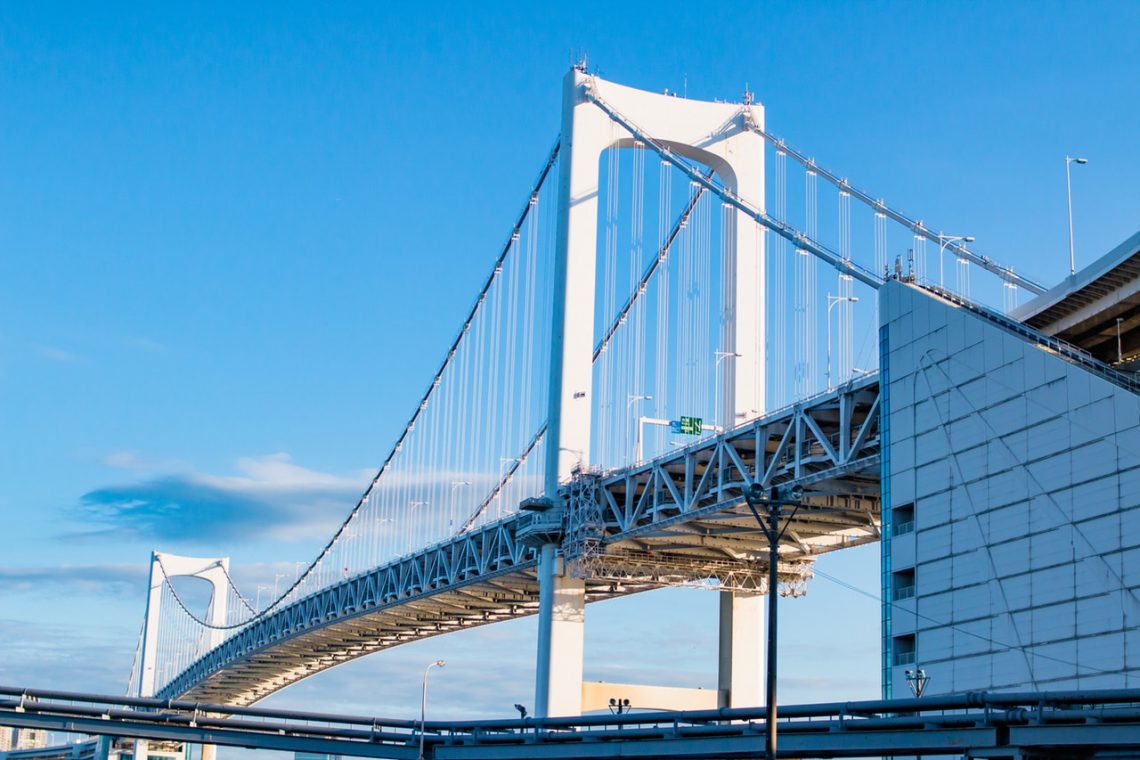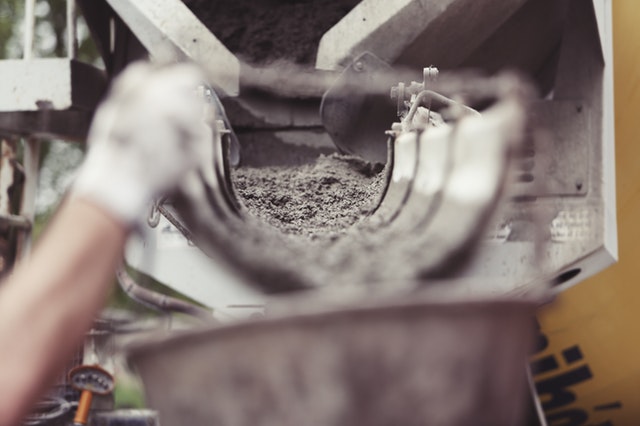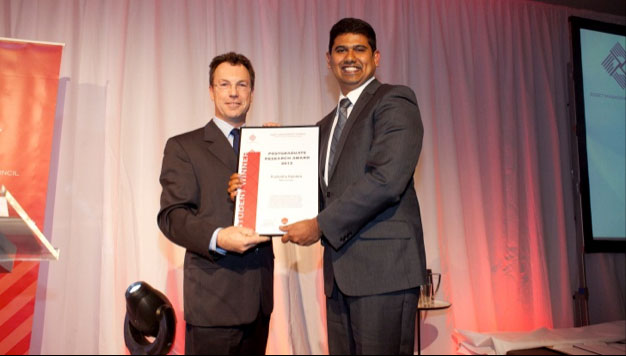The deterioration prediction, risk and budget forecasting methodology and algorithms are developed as part of a research project funded by the Australian Research Council (ARC) and industry partners. The partners of the project included RMIT University, Integrate Australia Pty Ltd, Municipal Association of Victoria, Brimbank City Council, Glen Eira City Council, Monash City Council, Greater Dandenong City Council, Mornington Peninsula Shire Council and Kingston City Council.

VAJIRA WICKRAMASINGHE
The requirement of predicting degradation came into light mainly to predict the maintenance cost of the Council buildings in Sri Lanka. This would result in more efficient and effective management of available budgets in the future. The most common current approach adopted is a reactive process where the assets are repaired or replaced when they degrade beyond the functional thresholds. However, this poses many risks to the asset managers as well as the community being serviced by the assets. Therefore, it is imperative to adhere to a well-structured, proven management system in order to make this transformation of asset management a reality.

DR ISMAIL QESHTA
Dr Ismail Qeshta of RMIT University focused on developing fragility models for bridges subjected to extreme wave hazards such as floods, hurricanes and tsunamis for his PhD research project. According to him, the fragility models are useful for evaluating the different strengthening methods that can improve the resilience of the bridges.

Dr Kagiso Magowe and his team at Telecommunication and Civil Engineering Departments of RMIT University are engaged in Smart Cities projects that aim at developing IoT infrastructure solutions to maximise the usage and efficiency of public resources (mainly local government assets) using smart sensors.

DR CHAMILA GUNASEKARA
Environmental sustainability is one of the most discussed topics nowadays. Taking a carbon free approach through adapting to renewable resources is in the best interest of the construction industry. Since the currently used Portland Cement is known for contributing to a high amount of CO2 emission, switching to sustainable alternatives such as alkali-activated materials, has been brought to attention. RMIT University is in the process of investigating techniques to increase the mechanical and durability properties of such environment-friendly substitutes.

DR HUU TRAN
Stormwater drainage pipe network is an imperative infrastructure. Given their importance in safely conveying stormwater across the drainage systems, proactive management of these assets can be considered a necessity. RMIT has developed a framework for smart asset management of the stormwater pipe network involving the CAMS Drainage software tool.

